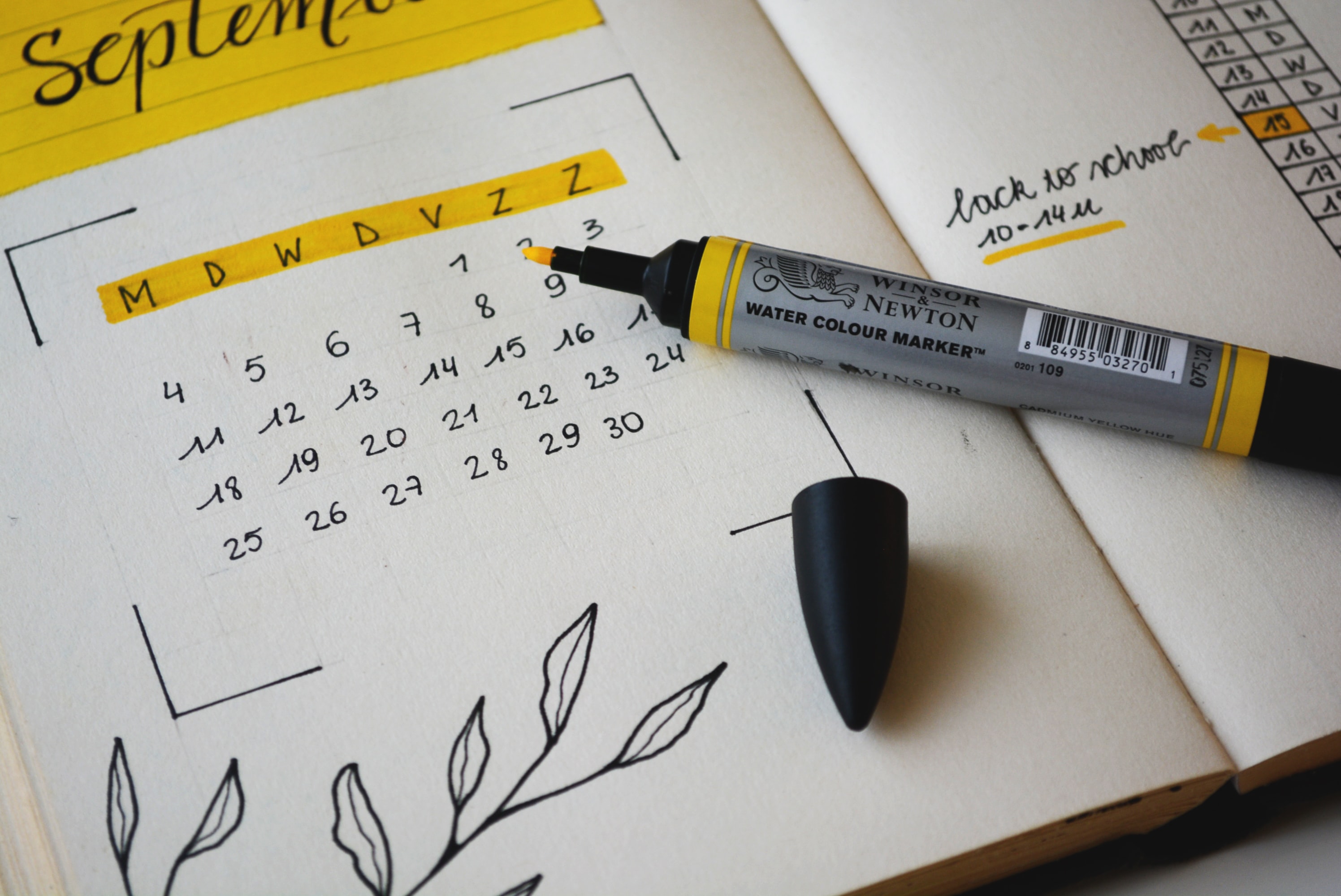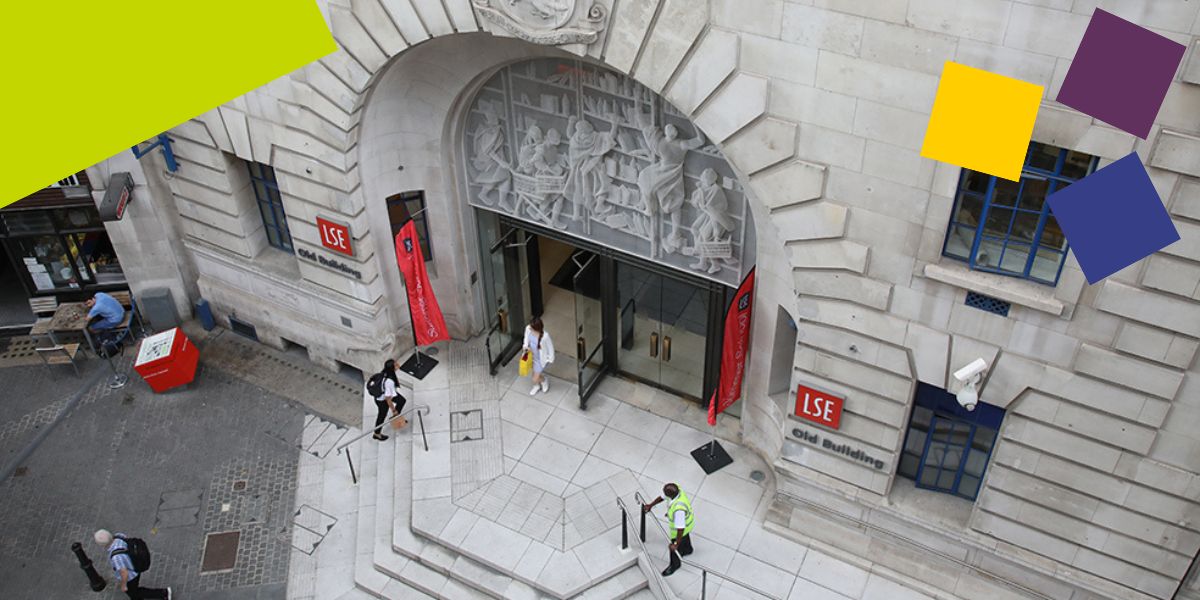When I first received formative feedback as a postgraduate student, my eyes unconsciously only focused on the “predicted mark” section of the document. I couldn’t help it- I was used to grades being final, and it took a little getting used to the fact that formative grades are unassessed at the end of the day. Over the past few months, I have come to appreciate the usefulness of formative assessments, especially in preparing for the final summative evaluation. Here are some ways you can make the most of formative coursework feedback, and even feedforward into your final evaluation!
- Take it seriously – The unmarked nature of formative assessment might make it easy to assume that it doesn’t require the same amount of effort as a summative assessment. However, it is important to be mindful that LSE provides formative evaluations as an opportunity to practice your learning and understand which areas you are particularly strong in, and which aspects you might need to improve upon. So, if you have a new, creative way of doing something, a formative assessment is an excellent way to experiment with new approaches, take risks and push the envelope. To fully know where you stand in the course of your learning, be sure to treat formative assessments as important as summative ones.
- Ask questions – After carefully examining your feedback, be sure to ask questions about any area you’re unsure about. In my case, I booked a meeting with my seminar teacher and went through the feedback with them, asking for tips on how to improve my final piece of work, and the overall predicted grade. This helped me understand the marking criteria for my summative assignment, and also reassured me that my predicted grade was not indicative of my summative grade but a checkpoint.
- Remember that you are not your mark – My meeting with my seminar teacher was reassuring and reminded me that formative feedback is constructive, and is intended to make me feel supported and comfortable in planning my next steps. Therefore, it is important to understand that your predicted grade is not a final indicator of your progress or understanding of the programme.
- Consider all types of feedback – While it might be tempting to dwell on what you did wrong in your submission, remember that LSE’s formative feedback also shows you how you were on the right track! Positive feedback allows you to improve on what you’ve done to do even better the next time. Critical feedback is useful because it helps you identify where you went wrong so that you can do better the next time and even motivate you to work harder (and smarter!)
- Feed forward – Learning is a continuous process, and formative feedback lets you feed forward into future assessments by providing transferable advice.
- Reflect on what you learnt – This involves identifying what went right in your work (which you can build upon in future assessments), identifying what went wrong and what the missed opportunities (so you know what to do in future assessments, and identifying skills that need to be developed further (such as critical analysis). Considering these points can assist you in examining your feedback and identifying key learning points for future assessments.
- Notice patterns- Consider the feedback for all of your assessments to see if there are any common comments/themes, indicating that several markers have noted a common learning point, such as good referencing practice. Examining your feedback throughout the course of your programme also helps you to understand areas in which you have progressed. For example, you might have improved in your use of academic language over the semester!
LSE’s system of providing formative coursework feedback is very useful in gaining insight into your progress on your programme and using it to improve upon your current way of working. By keeping these points in mind, you can take full benefit of this unique evaluation system and be more informed not only about your areas of improvement but also your strengths and takeaways from the course!





